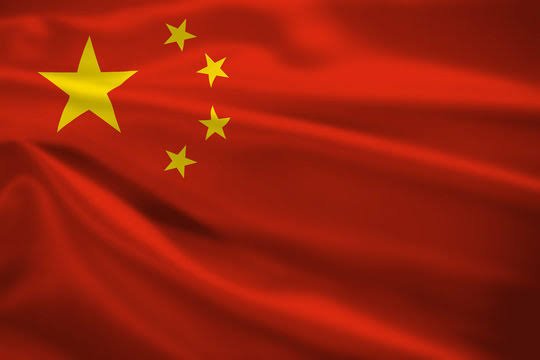Beijing, June 04, 2024, The Europe Today: Zhao Leji, Chairman of the National People’s Congress (NPC) Standing Committee and a prominent member of the Political Bureau Standing Committee of the Communist Party of China (CPC) Central Committee, underscored the imperative of ensuring high-quality operations of the people’s congresses in the contemporary landscape.
During an extensive inspection tour spanning from last Sunday to Tuesday in Hebei Province’s urban and rural locales including Handan, Xingtai, and Shijiazhuang, Zhao engaged in dialogues with deputies to the people’s congresses and local residents. His discourse centered on the imperative for people’s congresses to actively cultivate and manifest comprehensive people’s democracy, with an unwavering commitment to safeguarding the core interests of the populace.
Zhao advocated for deputies to the people’s congresses to adhere diligently to their statutory obligations, foster enhanced communication channels with the public, and fortify collaborations with governmental bodies and pertinent stakeholders. In his view, these actions are pivotal in consolidating the nexus between the Party, the state, and the citizenry.
During his visit to local legislative liaison and outreach offices, Zhao called for an adaptive approach to keep abreast of evolving societal paradigms, thereby propelling the exploration of innovative strategies and methodologies for the effective functioning of people’s congresses.
Underlining the significance of aligning with the directives and strategies laid out by the CPC Central Committee, Zhao accentuated the need for prioritizing decisions and initiatives resonating with the aspirations of the populace.
As 2024 marks the 70th anniversary of the NPC’s establishment, Zhao implored concerted efforts to reflect upon and leverage the wealth of experiences garnered in the evolution of the people’s congress system. This introspection, he stressed, would be instrumental in fortifying the system’s integrity, efficacy, and relevance to contemporary governance dynamics.


